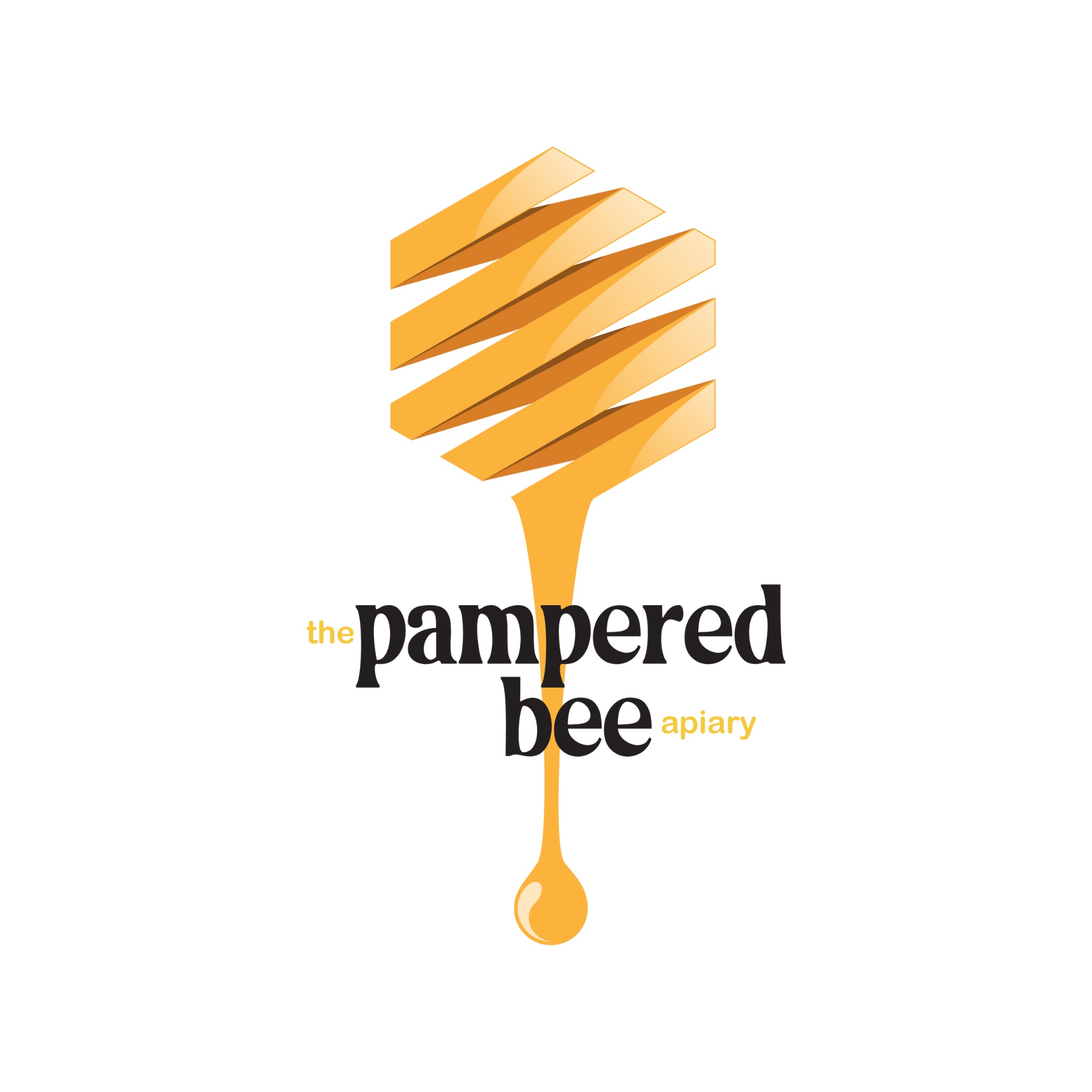Understanding the Benefits of Buying Honey from Local Sources
- The Pampered Bee Apiary

- May 26, 2025
- 4 min read
When it comes to sweetening your tea or enhancing your favorite recipes, honey is one of nature's most treasured gifts. While you can find various brands at supermarkets, buying honey from local sources can provide numerous benefits. In this blog post, we will explore why choosing local honey can lead to better health, support local economies, and foster community relationships.
The Importance of Local Honey
Local honey refers to honey produced by bees in your area. It is not only fresher than mass-produced honey but also contains unique flavors associated with the local environment. In many cases, local beekeepers use sustainable practices, ensuring that the honey you consume does not contain harmful additives or preservatives.
This kind of honey captures the essence of local flora, making it more than just a sweetener. Those who buy honey from local sources can often experience various unique taste profiles, all depending on the flowers available in the area.

Health Benefits of Local Honey
Purchasing local honey can offer several health advantages that are often overlooked. One of the most renowned benefits is its potential to alleviate seasonal allergies. Local honey contains pollen from nearby flowers, allowing your body to build immunity to allergens. When consumed regularly, local honey may reduce the severity of allergy symptoms during peak pollen seasons.
A study published in the Journal of Allergy and Clinical Immunology found that individuals who consumed local honey experienced fewer symptoms compared to those who did not. This natural remedy may provide a delicious alternative to over-the-counter medications that can have unwanted side effects.
In addition to allergy relief, local honey possesses antimicrobial properties. Its high sugar content and low moisture levels create an environment that discourages bacteria growth. Many people apply local honey to minor cuts and burns to promote healing. This natural antiseptic can be a great addition to your home remedy kit.

Supporting Local Economy and Beekeepers
Buying local honey is not just about personal benefits; it also directly supports your local economy. When you purchase honey from local beekeepers, you’re helping them sustain their business and livelihood. Many small-scale beekeepers rely on the support of their community to continue their work, which includes pollinating local plants, fruits, and vegetables.
Supporting local businesses helps create jobs in the area, boosting the economy. According to a study by Civic Economics, local businesses recirculate a greater share of every dollar as they create locally owned supply chains, and invest in their employees. This means that your purchase not only benefits the beekeeper but also contributes to the overall development of your community.
Moreover, local beekeeping supports biodiversity. By maintaining bee populations, we are promoting the pollination of plants, which is essential for producing fruits, nuts, and vegetables. When you buy honey from local sources, you help maintain a healthy ecosystem that benefits everyone.
Building Community Connections
When you choose to buy honey from local sources, you foster connections within your community. Many beekeepers are passionate about their work and often welcome customers to visit their hives. These interactions can lead to education about the importance of bees and sustainable practices within agriculture.
You might participate in local farmer’s markets where beekeepers showcase their products. Here, you can learn more about the different types of honey and how they are produced. This not only enhances your knowledge but also builds a sense of community as you support local artisans and farmers.

Choosing the Right Local Honey
With several options available, how do you choose the best local honey for your needs? Here are a few practical steps:
Research Beekeepers: Look for local beekeepers in your area. Many often have websites or social media pages where they describe their practices, types of honey available, and where you can buy from them.
Check for Quality: Choose raw, unfiltered honey which retains the enzymes, vitamins, and nutrients that are beneficial for health. Always check if the honey is labeled as “pure” and “local.”
Taste Test: Honey can vary significantly in flavor depending on the nectar sources. Don’t hesitate to try different varieties. Some honeys may taste floral, while others may have a darker, richer flavor.
Ask Questions: When purchasing from farmer's markets or local shops, speak to the beekeeper or seller about their honey. They can provide insights on the source, processing methods, and the unique characteristics of their honey.
Future Sustainability: Also, consider the sustainability practices of the beekeepers. Responsible beekeeping methods ensure that the health of bee populations is maintained, contributing to the longevity of honey production.
A Sweet Transition
By shifting your purchasing habits to favor local honey, you’re making a choice that can impact your health positively while supporting your community. The benefit of consuming local honey is multifaceted, enhancing your overall experience while connecting you more deeply with your local ecosystem.
As you seek alternatives in your diet, consider adding local honey, not just for its health advantages but also for the joy of supporting local beekeepers. You will likely find that the flavors are richer and the experience is far more rewarding compared to store-bought honey.
In the end, choosing local honey is a decision that combines health benefits with economic support and community engagement. Explore what your local area has to offer and sweeten your life with nature's finest.
Whether you drizzle it over breakfast, stir it into your tea, or use it in cooking, purchasing honey from local sources can transform your experience. Look into your options today, and relish in the sweetness of supporting local artisans and your health! If you're interested, visit local honey for more information.








Comments